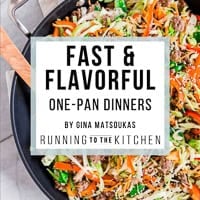Organic food has become the crown jewel of grocery store marketing, with price tags to match. Some people swear it’s worth every penny for cleaner produce and better farming practices, while others see it as a savvy label that gets you to spend more without much difference on the plate. The truth sits somewhere in the middle, and that’s where the debate gets interesting. Is organic food really as clean and ethical as it sounds, or is it just smart branding that’s hard to ignore once you’re in the aisle? The answer depends on how you weigh the tradeoffs and what matters most to you at the checkout line.

Pro #1: Reduced Chemical Exposure

Choosing organic often means cutting back on synthetic pesticides that are used on conventional produce. While it doesn’t mean your food is completely free of chemicals, going organic can lower how much of that residue you end up eating. For people who worry about what’s lingering on their fruits and vegetables, this is one of the strongest arguments for paying extra.
Pro #2: Improved Soil Health

Organic farming relies on compost, manure, and crop rotation instead of synthetic fertilizers, and that makes a difference long term. Healthier soil retains more nutrients and water, which can keep farms producing stronger crops season after season. When the ground is in better shape, it also supports farming that’s less destructive to the environment.
Pro #3: Preservation of Biodiversity

By avoiding synthetic pesticides and fertilizers, organic farms tend to attract and support more life. Insects, birds, and other species thrive in healthier ecosystems, which helps balance nature in a way large conventional farms often disrupt. That kind of variety matters for keeping food systems more resilient.
Pro #4: Support for Small Farmers
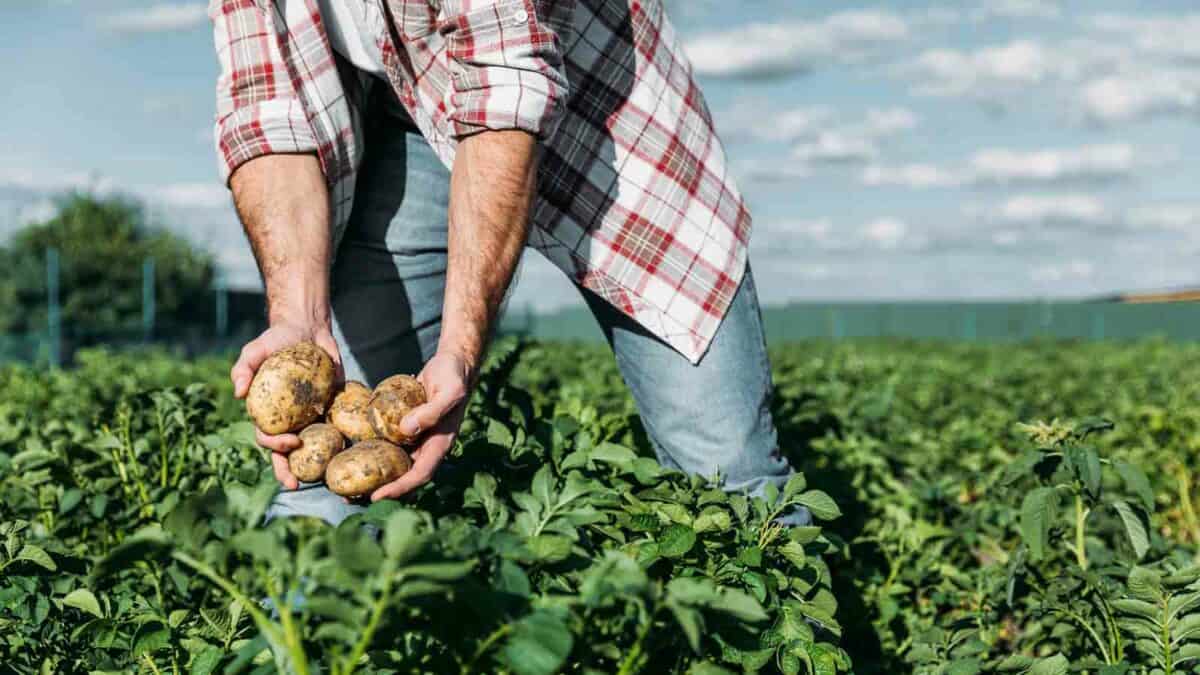
A lot of small-scale and local farmers use organic practices, and buying their products helps keep them in business. Instead of funneling money into massive corporations, you’re often backing growers who are working hard to farm responsibly. It’s a way to keep dollars circulating in local communities while encouraging more sustainable farming methods.
Pro #5: Animal Welfare

Organic standards usually require animals to have more space and outdoor access, along with feed that’s free from synthetic chemicals. While it isn’t perfect, these conditions are often a step up from what happens in large-scale industrial farming. For many shoppers, this is just as important as what’s in their produce aisle.
Con #1: Higher Costs
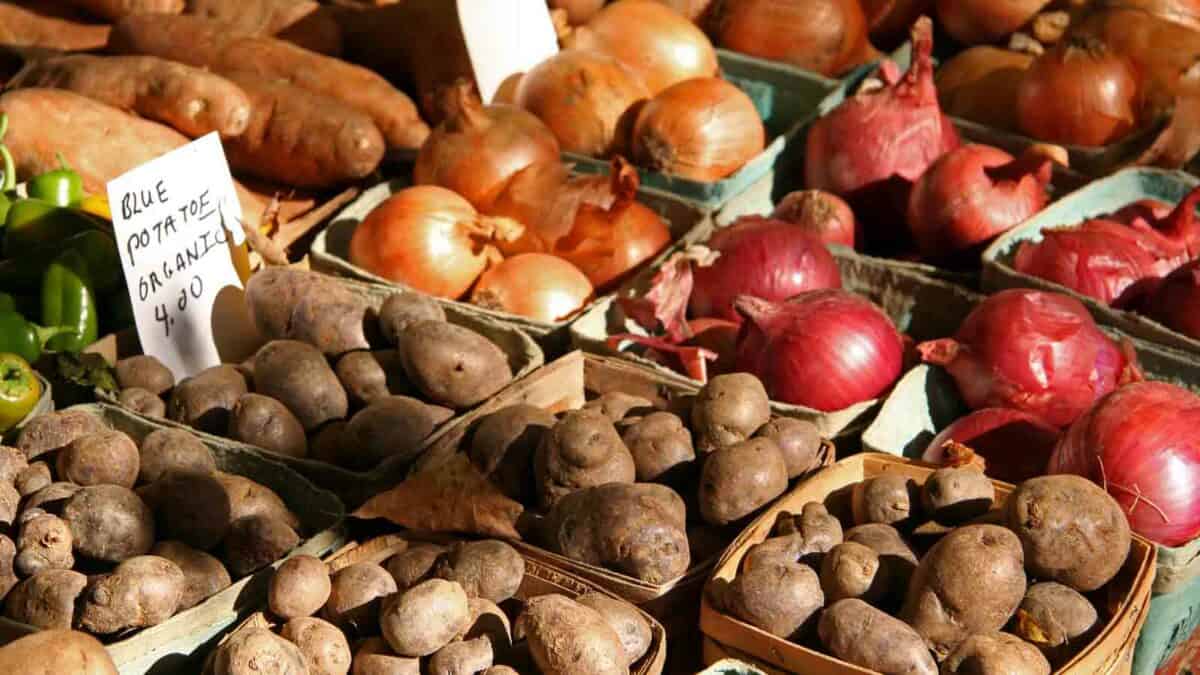
Unless you hit a great sale, organic food is almost always more expensive. Labor-intensive farming methods and lower yields mean the price tag jumps, sometimes significantly. For families shopping on a budget, that cost difference can make organic products feel out of reach, especially when conventional options are much cheaper.
Con #2: Misleading Labels
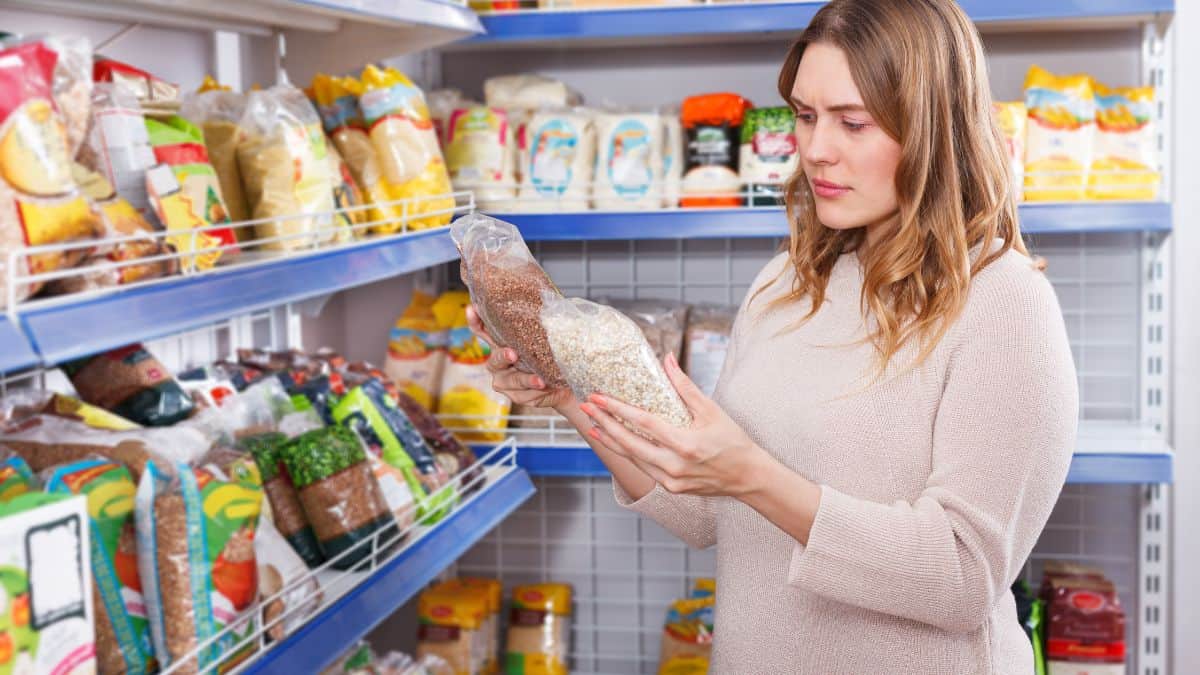
The organic label can give the impression that a product is healthier or safer, but that isn’t always true. For example, packaged cookies, chips, or sodas can carry an organic seal even though they’re still heavily processed and loaded with sugar or salt. Standards also vary by country, and some products labeled “organic” might contain only a percentage of organic ingredients rather than being entirely organic. This makes it easy for shoppers to assume they’re buying something better when, in reality, the difference can be minimal.
Con #3: Not Necessarily Pesticide-Free

Going organic doesn’t mean you’re avoiding pesticides altogether. Farms can use natural pesticides, and while they’re not synthetic, they can still affect health and the environment. For anyone who assumes organic equals chemical-free, this can feel like a disappointing reality check.
Con #4: Limited Availability

Depending on where you live, organic options aren’t always easy to find. Smaller towns and less affluent areas may not have stores stocked with organic produce, leaving shoppers with fewer choices. Accessibility continues to be a big hurdle for making organic food more than a niche market.
Con #5: Resource Intensity
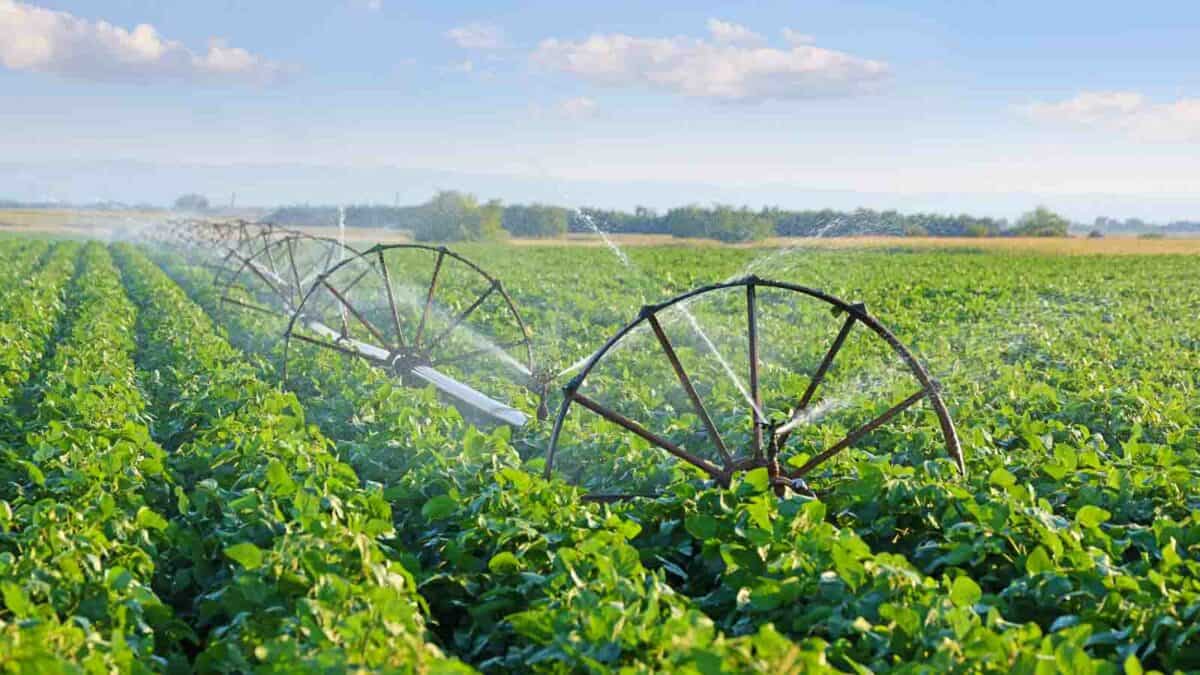
Producing organic food usually takes more land and labor to yield the same amount as conventional farming. That can be inefficient on a larger scale, especially as food demand grows. While organic has its benefits, it raises questions about how scalable it is if everyone were to rely on it.
Top 13 Organic Products You Need to Pick Up at Costco

Costco is a treasure trove for those who love organic products, offering quality and value in one go. Whether you’re stocking up your pantry or planning a healthy meal, their range of organic items can’t be beaten. We’ve rounded up the top must-buys that keep your shopping cart balanced with wholesome choices. From fresh produce to essential pantry staples, here’s what you should be grabbing on your next trip.
Read it Here: Top 13 Organic Products You Need to Pick Up at Costco
12 Foods Containing The Most Pesticides That You Should Buy Organic

It turns out that the crunch of an apple or the sweetness of strawberries might come with an unwanted extra: pesticides. These chemicals, aimed at keeping pests and diseases at bay, tend to linger more on some fruits and veggies than others. Every year, the Environmental Working Group (EWG) lists the “dirtiest,” most heavily sprayed foods. Here’s what to avoid this year or choose their organic counterparts.
Read it Here: 12 Foods Containing The Most Pesticides That You Should Buy Organic
Select images provided by Depositphotos.
Gina Matsoukas is an AP syndicated writer. She is the founder, photographer and recipe developer of Running to the Kitchen — a food website focused on providing healthy, wholesome recipes using fresh and seasonal ingredients. Her work has been featured in numerous media outlets both digital and print, including MSN, Huffington post, Buzzfeed, Women’s Health and Food Network.
